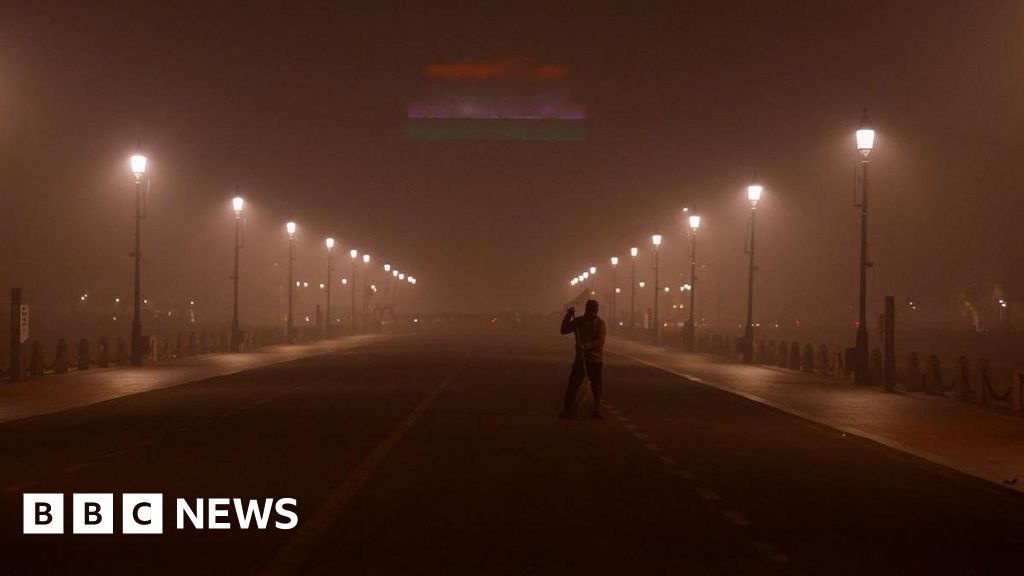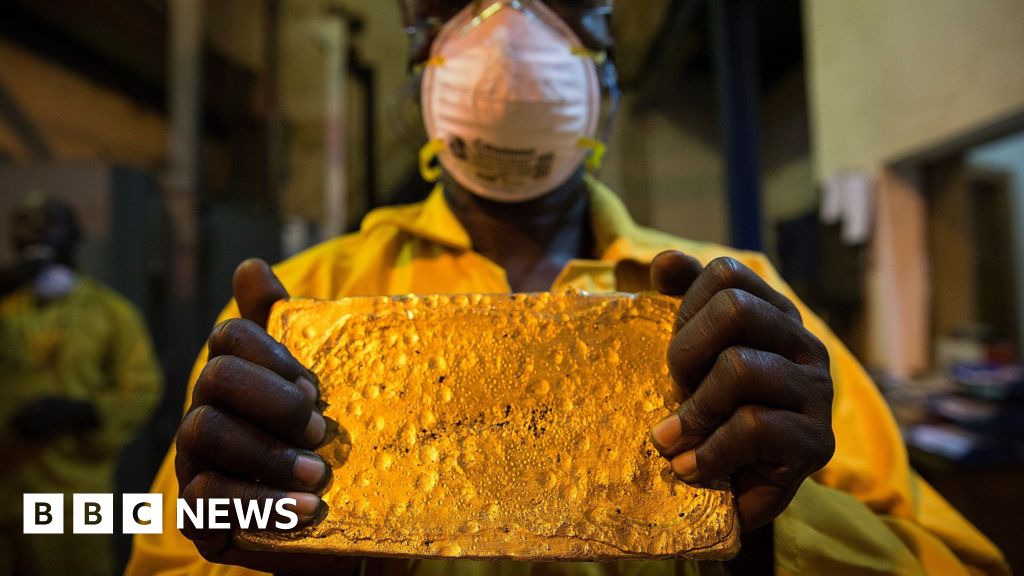ARTICLE AD BOX
By Laurence Peter
BBC News
Image source, AFP
Image caption,American MLRS rockets can hit targets far behind front lines (file pic)
The US government appears close to sending a long-range multiple-rocket system (MLRS) to Ukraine.
Russia sees such deliveries of heavy weapons as a provocative escalation.
President Volodymyr Zelensky and other Ukrainian officials have urged delivery of the MLRS to counter Russia's heavy bombardments in the eastern Donbas region.
Russia continues to pound Severodonetsk and other parts of Donbas with rockets, tanks and air strikes.
Kyiv's forces are already using US-delivered M777 howitzers, which have a range of about 25km (16 miles). But the MLRS would allow Ukraine to reach targets much further away than that.
An M270 MLRS battery can fire a range of munitions, with the most advanced able to hit targets up to 300km (186 miles) away. However, it can also fire shorter-range rockets with a range of around 70km (43 miles).
Limiting Ukraine to the smaller rockets could be a way for the US to avoid escalating the conflict, while still significantly improving Ukraine's arsenal.
A senior US official quoted by the Washington Post said the White House was comfortable with giving Ukraine the MLRS, but would withhold the longest range weapons compatible with the system.
There are concerns that Ukraine could use the system to hit targets inside Russia, and such action would risk drawing the US and its Nato allies into direct conflict with Moscow.
The UK also has the MLRS. Prime Minister Boris Johnson said Ukraine should get the rockets "to defend themselves against this very brutal Russian artillery", but he did not say the UK would supply them.
The US used the MLRS to destroy major Iraqi targets in the 1990-91 Gulf War and in 2003.
Russia sees 'proxy war'
Russian Foreign Minister Sergei Lavrov has accused the West of "pumping up the Ukrainian nationalists with weapons".
He said the West was "waging a proxy war" against Russia which, he warned, would mean "inevitable escalation".
Last week, a presenter on Russian state TV said the US would be crossing a "red line" by supplying the MLRS to Ukraine, and it would be seen as an attempt to "provoke a very harsh response from Russia".
In an extra move to defend Ukraine's key Black Sea port - Odesa - Denmark has supplied Harpoon anti-ship cruise missiles, with a range of about 130km (70 nautical miles).
Ukraine can deploy them alongside its own Neptune missiles, credited with having sunk Russia's flagship cruiser Moskva last month.
Image source, Russian Defence Ministry
Image caption,Russian multiple-rocket batteries are pounding Ukrainian forces
Russian long-range missiles have struck railway facilities, oil depots and other infrastructure in western Ukraine - seen partly as an effort to thwart Western arms deliveries.
Meanwhile, Russia is reported to have fired its latest multiple-rocket system against Ukrainian targets in the Kharkiv area - a weapon described as a giant flamethrower. Its use was reported by Tass news agency, quoting a Russian security official.
The TOS-2 Tosochka is a thermobaric fuel-air weapon: it creates a massive explosion by igniting a gas cloud on impact, depriving anyone in the area of oxygen.
Russia has also inflicted heavy damage on Ukrainian cities using long-range cruise missiles, some fired from warships.

 2 years ago
40
2 years ago
40








 English (US)
English (US)